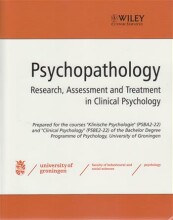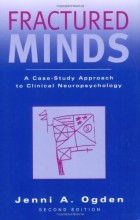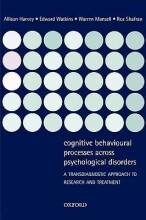Substance Abuse and Dependency
7 important questions on Substance Abuse and Dependency
Biphasic drug effect
Delirium tremens (DTs)
Unobtrusive heroin user
- Higher grades + faster learning
- Never study anything twice
- 100% sure, 100% understanding
LSD (Lysergic acid diethylamide)
Methadone maintenance programmes
Drug maintenance therapy
Hair sample analysis
The question on the page originate from the summary of the following study material:
- A unique study and practice tool
- Never study anything twice again
- Get the grades you hope for
- 100% sure, 100% understanding
































